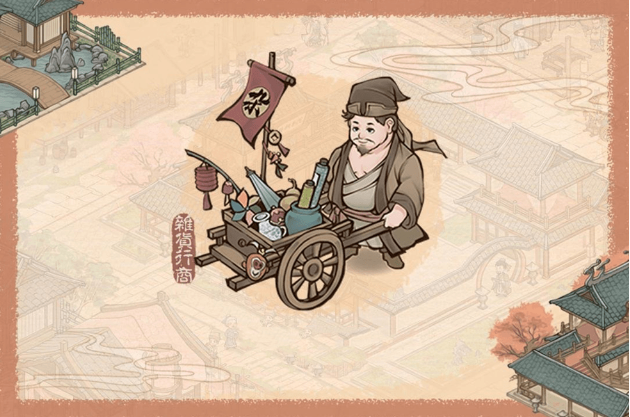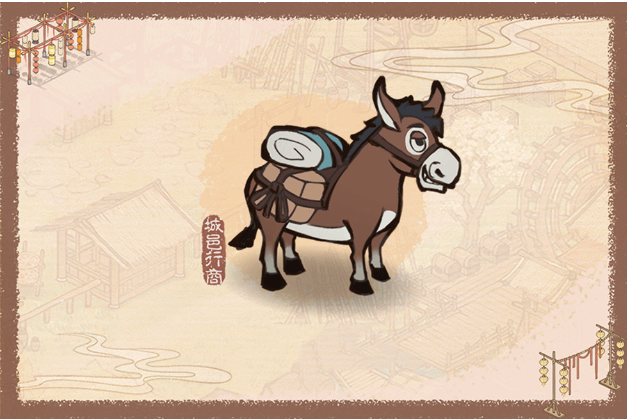Throughout the ages, countless managers have had different opinions and practices on urban planning. It seems that each planning method has its pros and cons. What everyone needs to consider is to try to choose management methods and governance methods that are more suitable for the current situation based on the actual situation of the city, and adapt measures to local conditions. Only by being flexible can cities achieve sustainable development.
If you can come to the small town under Lao Bai's governance now, you will find that the residential area and commercial area of the city are separated. So why did the city lord Lao Bai choose to manage the county in this way?

When I first came to this deserted city, the city was dilapidated and the refugees had no home, surrounded by bandits and robbers. Lao Bai's subordinates were short of manpower, and various reconstruction materials were in short supply. The top priority must be to stabilize the residents first, and then talk about development. .
In addition, when the government started to start, there were chaos in the city where hooligans gathered and thieves were rampant. If we lose the support of the people at this time and allocate more manpower and energy to maintain stability and catch thieves, then the reconstruction progress and food stability problems will definitely be affected. Greatly affected.
(At the beginning, the environment in the city was complex and the personnel were chaotically distributed. Just catching these successful thieves delayed a lot of things...)

From this, Lao Bai thought of the city-city system currently used in the capital - "fang" and "city" are separated, and residential areas and commercial areas are divided into specific areas. This not only facilitates management but also helps maintain public security. Using such a plan The method can be regarded as one of the careful considerations in the reconstruction of the deserted city.
There are alleys in the residential area, which lead horizontally and vertically in all directions, and are adjacent to the main street, and the main road connects the shops. In this way, the refugees who have just arrived in the city can take care of each other after they move in, and it is convenient for their staff to assist in management, and the neighborhood problems can be solved at any time!

The commercial district is on the other side of the river. It is initially planned to be divided into four cities: southeast, northwest and northwest. Agricultural, industrial and commercial buildings are laid out according to Laobai's plan, and staff with corresponding expertise are assigned to help manage it. The prototype of such a simple "market system" is ready~
Of course, although the municipal system can ensure the stability of public security, the city is currently small and it is not difficult for residents to go to the business district, but it is still inconvenient.
The city lord Lao Bai has also thought about this problem and will not restrict the flow of vendors too much. Look, in addition to some small stalls set up on the streets in residential areas, there are also merchants' carts shouting and selling in the streets and alleys. Many residents are I really like choosing products here, it’s really lively!

The planning and construction of small towns will not remain static. The key is to adapt measures to the times and local conditions. As long as the current development momentum is followed and people's livelihood and commerce go hand in hand, the deserted city will be prosperous again just around the corner!
It seems that there have been more business travelers and literati tourists entering the city recently... Ah, which business traveler left the lone donkey carrying goods in front of me? ! You have to report it to Lao Bai quickly!

Vibrant, lively and full of fireworks, this is the layout of the town that Lao Bai wants to create to live and work in peace and contentment. Of course, if city owners start to start urban planning in the future, I wonder what everyone will tend to make their small town look like?